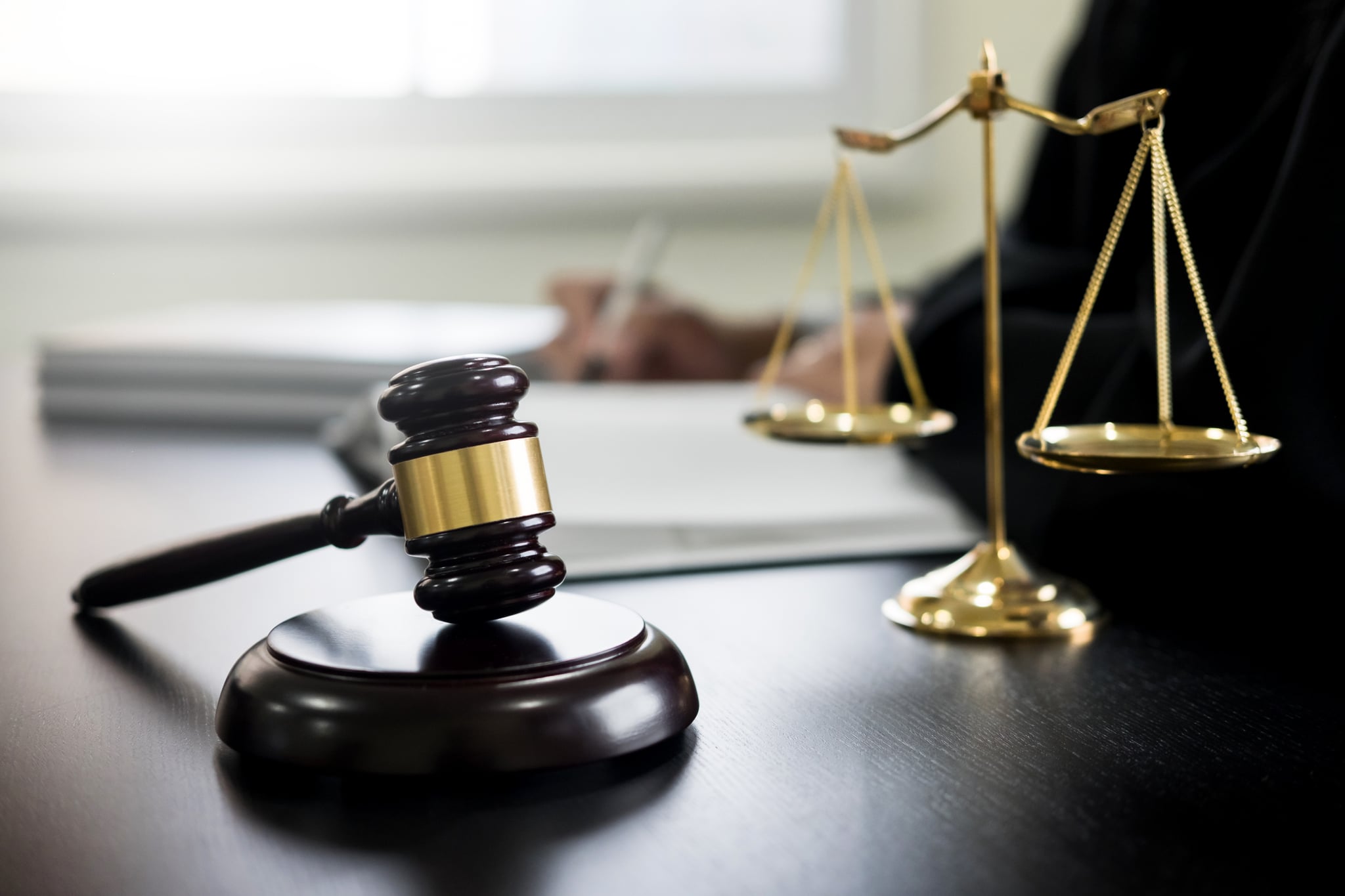
Trigger warning: This post contains an account of sexual assault.
I remember the first time my grandmother told me she was sexually assaulted. I was 9 years old. When the assault happened, she had just moved into a new house with her sons to escape physical abuse from her husband. Everything was coming together for her. The only problem was the front door jammed occasionally. One day while at home, she heard the door open and saw someone enter with a knife. Less than a minute later, the man pinned my grandmother down with the knife at her throat to sexually assault her. From the corner of her eye, she saw her two sons looking into the room and yelled for them to run.
By some miracle, my grandmother was able to escape from her assailant and ran down the block, desperate for help. In a matter of minutes, she bumped into police officers and explained to them that she'd been raped and needed help. Instead, they asked her, "Are you sure you're not covering for your boyfriend so your husband doesn't find out?" The cops reluctantly dropped her off at the hospital, where the nurse told her to "stop screaming because it's over." No police report was ever completed. No medical exam. They simply sent her home sedated.
By allowing implicit racial biases to decide who, how, and when justice is served, the justice system fails us continuously.
This is the story of one of my grandmother's three sexual assaults. I grew up hearing what happened to my grandmother as a lesson to protect my body because no one else would. Unfortunately, this is not the only story of ignored sexual assaults of women close to me. Women I love and admire have gone years without opening up about their experiences, without ever receiving proper therapy to recover, and they have suffered physically and emotionally in silence. From the precinct to the courtrooms, Black women are failed. By allowing implicit racial biases to decide who, how, and when justice is served, the justice system fails us continuously. As a lawyer dedicated to advocating for our bodies, their suffering, and my grandmother's, motivates me to fight racial injustice to attain reproductive justice [1] for all Black women.
Reproductive justice extends past bearing a child. It aims to protect women's bodies from any agent attempting to bring them harm.
Reproductive justice extends past bearing a child. It aims to protect women's bodies from any agent attempting to bring them harm. And that doesn't just mean physical abuse. That harm is her developing unhealthy sexual behaviours. It is her suffering emotional and mental agony. It is her lack of trust in a system that's supposed to protect her. For every 15 Black women who report their rape, at least 15 do not [2]. Police officers serve as our first step to justice. When they enforce their racial biases, it becomes impossible for them to protect us. This system is reinforced by district attorneys who fail to protect us by not prosecuting abusers. Their implicit racial biases serve as the nucleus of systemic racism.
This is a large part of why I became a lawyer. I believe us, I see us, and I know our bodies need protection in the criminal justice system. We need a voice to speak up for us when we are told to "stop screaming because it's over now." We need someone dedicated to holding the police accountable for the lack of racial and reproductive justice they provide. We, Black women, are worthy of someone who understands the repercussions that result from our bodies not being protected that far exceed our physical being. I want to be a part of the solution that recognises Black women and their pain and to advocate for those whose voices often go unheard. Because reproductive justice is, and will continue to be, racial justice — as long as we allow implicit biases against Black women to have a place in the justice system.
A native of Dayton, OH, De'Andrea Byrd received her bachelor of science in political science from Rust College and her juris doctorate from Southern University Law Centre. Currently, De'Andrea serves as an If/When/How reproductive justice legal fellow for 2019-2020. She has spent the last year working to increase voter engagement and advocate for reproductive justice for Georgians.